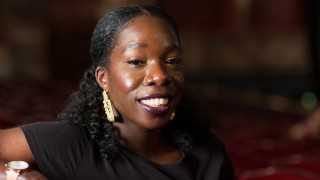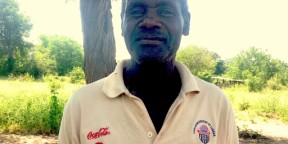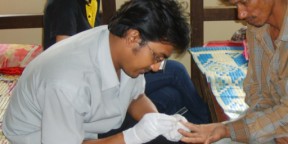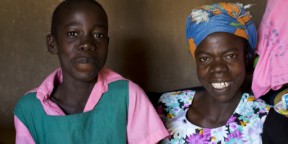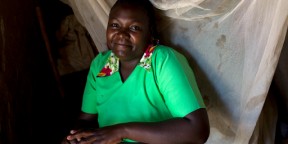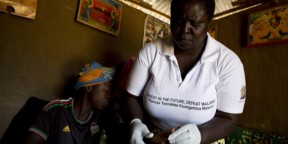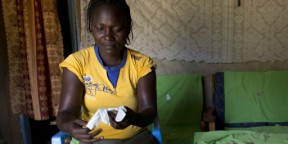Anyika's story
Ten months before Anyika Onuora won bronze with the GB 4x400m team at the Rio Olympics in 2016 she was in hospital with life-threatening malaria and thought she might die.
The 32-year-old world-class sprinter‘s health ordeal began in October 2015 during one of her regular visits to her late father’s village of Nri in Nigeria. Not realising she had contracted one of the most deadly strains of malaria, she returned home to Liverpool and then on holiday to the Dominican Republic.

It was there that the symptoms surfaced. Dizziness, shivering, hot and cold sweats. Worried, she emailed her doctor at British Athletics who contacted the chief medical officer. He recommended blood and urine tests which revealed a kidney problem.
As her health deteriorated further, Onuora managed to drive herself from Loughborough where she’s based to a specialist hospital in London where she collapsed as she got out of her car. During the next few hours her body started shaking uncontrollably and as she describes the pain in her brain and forehead were unbearable. Her temperature was now 39 degrees so to cool her body down her bed was filled with ice. Exhausted, she wasn’t allowed to sleep in case she lost consciousness. She remembers thinking she was going to die.
Onuora was transferred to a tropical diseases unit at UCL hospital and made a slow recovery. Upmost in her mind were the Rio Olympics, but she couldn’t walk let alone run a professional race.
Determined to get fit again she started to train but having lost all of her strength, she was unable to walk a short distance without collapsing. She began with a daily 15 metres walk around the ward, trailing her drip. Gradually she jogged a few steps, but it took many weeks before she could start doing 150m, 200m, 350m. The medical team were really impressed but told her not to rush as her health was more important. In an amazing 40 weeks she moved from having a serious life threatening illness to the Olympic podium.
“I know that I am lucky to have survived malaria when so many don’t. Knowing that a child dies every two minutes from the same disease I pulled through is heart-breaking. I’m fortunate not just be alive but to keep doing what I love – running. And I’m determined to help however I can to make malaria no more.”
I’m fortunate not just be alive but to keep doing what I love – running. And I’m determined to help however I can to make malaria no more.
